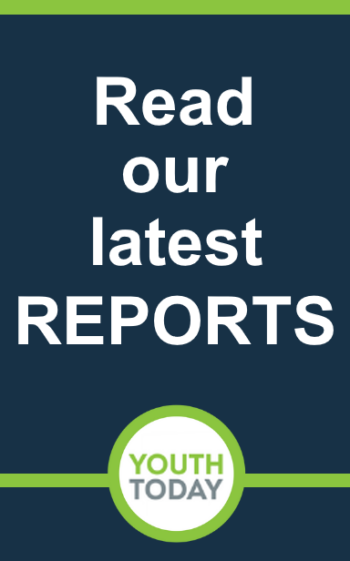The Robert Bowne Foundation’s (RBF) Strategic Plans exemplified its systematic use of inquiry-and-reflection — both to guide the Foundation and integrate its activities.
Dianne Kangisser, the first Executive Director of the RBF, recognized that, as a small Foundation, it had to be strategic to have an impact.
Just as RBF offered technical assistance and professional development opportunities for grantees to set goals and objectives, establish benchmarks and record-keeping systems, and monitor outcomes, the Foundation adopted the same processes to guide its own practices. Over the years, RBF board members and staff created and used consecutive Strategic Plans:
- Robert Bowne Foundation Strategic Plan for 2001-2003
- Final Robert Bowne Foundation Final Strategic Plan for 2001-2003, revised in 2002 after Lena Townsend became the Foundation’s Executive Director
- Robert Bowne Foundation Final Strategic Plan for 2004-2007, revised 2004
- Robert Bowne Foundation Final Strategic Plan for 2008-2012, revised 2007
- A five-year Legacy Plan guided the Foundation’s close out from 2010-2015
Overview statement from the Bowne Foundation’s 2007 Strategic Plan:
“The Robert Bowne Foundation supports the development of quality programs which offer literacy education to children and youth of New York City, in the out-of-school hours, especially for those living in economically disadvantaged neighborhoods.
“The Robert Bowne Foundation supports the development of quality programs which offer literacy education to children and youth of New York City, in the out-of-school hours, especially for those living in economically disadvantaged neighborhoods.The Robert Bowne Foundation supports its mission through an integrated portfolio that increases the interplay among practitioners, academics, policymakers and the general public:
►Direct service grants
►Technical assistance
►Research and publications
►Advocacy”
RBF first engaged in a formal strategic planning process over an 18 month period from 1999-2001. Community Resource Exchange, an established non-profit consulting firm in New York City, led the process with a nine-member Strategic Planning Committee consisting of board and staff members, consultants, practitioners, and funders. The committee formulated long-range goals, a vision for the field, a vision of the Foundation three years after the adoption of the plan, as well as objectives and strategies to reach those goals. During this period, Lena Townsend became the Foundation’s Executive Director, undertaking responsibility to guide the plan to completion.
With the guidance of management consultant Kathleen Murnion, the RBF staff and board members together: considered, articulated, and documented the vision and goals of the Foundation; identified the context — including external conditions and challenges – in which the Foundation would be operating; and formulated initial RBF strategies as well as yearly objectives and benchmarks. In addition, RBF staff developed record-keeping and reporting procedures with the aim of tracking progress toward meeting the goals, objectives, and benchmarks outlined in the strategic plan.
The overall strategic goal for the Robert Bowne Foundation Legacy Project was summed up by several RBF Board members:
To ensure that innovative, generative and creative professional development practices in OST [Out-of-School Time] literacy education and grant-making will continue into the future beyond the life of the Foundation.
Such practices are defined as:
►Inquiry-based
►They hold practitioners at the center of programmatic and funding decisions as experts, partners and collaborators.
Throughout the strategic planning process, the Foundation’s Board of Trustees and staff worked continuously with the view of making the largest possible impact – within the capacity of a small foundation — on the field of Out-of-School Time youth education.
LINKS:
- Robert Bowne Foundation Strategic Plan 2001-2003
- Robert Bowne Foundation Final Strategic Plan for 2001-2003, revised in 2002 after Lena Townsend became the Foundation’s Executive Director
- Robert Bowne Foundation Strategic Plan 2004-2007
- Robert Bowne Foundation Strategic Goals 2008-2012



















